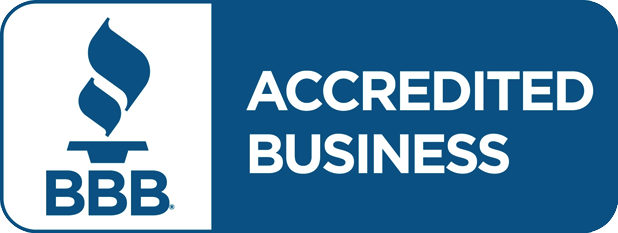I admit it: I failed the NCLEX the first time I took it after graduating from nursing school.
Was failing this high-stakes test emotionally devastating after being given the Faculty Award for Clinical Excellence and being chosen by my peers to be our commencement speaker? You bet. Was I disappointed and ashamed of myself? Yes, those feelings certainly came up. And did I pick myself up, dust myself off, and try again? Yes indeed, and then I passed. It wasn’t an easy journey by a long shot, but it’s now water under the bridge, and in the course of my 23 years as a nurse, no one has ever cared how many times I took the NCLEX. What about you?
Failing Isn’t Fun
Yes, failing isn’t fun, and it’s even worse for those of us who have major text anxiety and don’t generally do well on standardized tests. Does the NCLEX reflect your clinical excellence, emotional intelligence, communication skills, abilities in patient teaching, and bedside manner? Of course not; and failing feels terrible.
Of course, the second time I took the NCLEX, it was still very difficult for me and I had no idea if I’d passed or not. Recognizing that the computer immediately knew whether I’d passed or not was maddening, especially since I still had to wait weeks for my score. This is, I believe a widely universal experience for graduate nurses everywhere.
Pick Yourself Up
If you or someone you know has failed the NCLEX, here are some pointers for picking yourself up and dusting yourself off:
- Only tell people who you know will be 100% supportive.
- Seek out a test prep course that will help you prepare more assiduously.
- Study and take practice tests as frequently as possible.
- If test anxiety is an issue, talk with your NP or MD about pharmaceutical options. You can also try herbs, homeopathic remedies, and other non-pharmacological interventions.
- Create a self-care regimen that includes exercise, good nutrition, stress management techniques (yoga, meditation, prayer, etc), and adequate rest.
- Ask savvy colleagues for study pointers.
- Learn how to read NCLEX questions more carefully and critically.
- Hire an NCLEX tutor, like the wonderful nurse behind The Nurse Speak, a website and service focused on helping graduate nurses pass the NCLEX.
- If you have a learning disability, find an advocate from your school who can help you seek accommodations and extra support.
- Trust yourself.
There are obviously no guarantees in life, but you can promise yourself that you’ll apply every extra ounce of energy you have to studying, practicing, and keeping your anxiety and fear at bay, all while surrounding yourself with supportive friends, family members, and colleagues.
The NCLEX Matters – and it Doesn’t
Yes, the NCLEX matters because you need to pass in order to earn your license, even after all of that hard work in nursing school; that’s the challenge that all graduate nurses face.
On the other hand, the NCLEX doesn’t actually matter in the bigger picture because it tells us nothing about how wonderful a person you are or what you’re capable of; standardized tests just can’t measure such things, and herein lies the rub.
Failing doesn’t feel good, but the fact remains that you can indeed move on if it happens to you. Albert Einstein failed a science class once upon a time and you could say that he was fairly successful in life and career – just sayin’.
The fact is that standardized tests are how we measure success (for better or worse), and it’s a game that many professionals need to play, including us nurses. You can succeed, especially if you use smart strategies that help you overcome anxiety and pass this high-stakes exam with flying colors.



